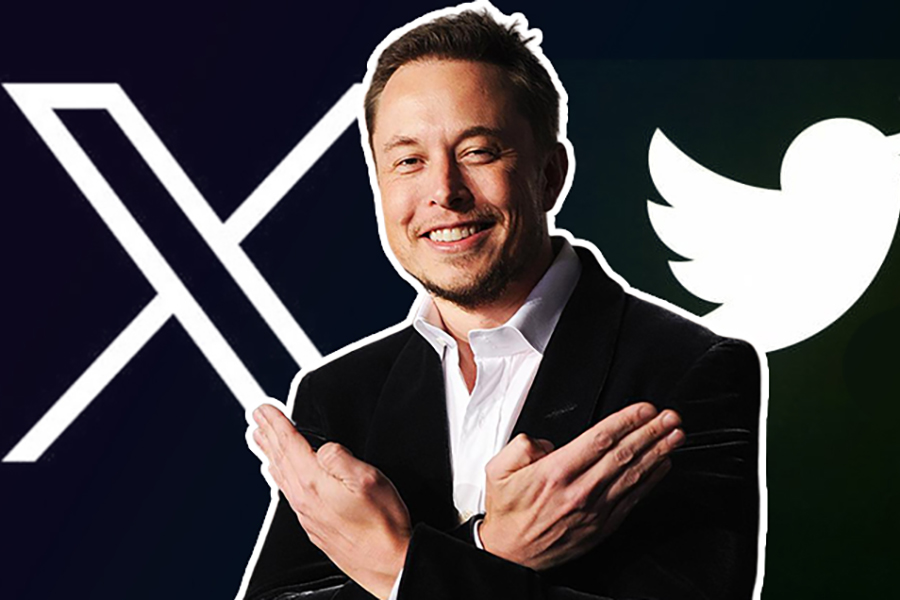Indonesia blocks Elon Musk’s Twitter / X over gambling concerns

Elon Musk’s ambitious plan to transform the popular social media platform Twitter into X, a versatile “everything app,” has faced a significant setback in Indonesia. The conservative Islamic state recently blocked access to the platform, citing concerns about content related to online gambling and explicit material.
The Ministry of Communications and Information Technology in Indonesia confirmed the ban, explaining that the domain X.com had a history of associating with sites that violated the nation’s strict legal framework against offensive content, including gambling, pornography, and other objectionable material. Usman Kansong, the agency’s head of media and public relations, revealed that the government reached out to X to gain clarity on the site’s essence. As a result, the platform is currently inaccessible to Indonesians, even though it had an estimated 24 million users out of the country’s total population of 270 million.
Elon Musk’s decision to rebrand Twitter to X sparked considerable attention as he unveiled a new black background adorned with a striking white X, bidding farewell to the iconic bird name and logo. This move aimed to redefine the landscape of one of the most influential social media platforms and expand its functionalities to include financial transactions and banking services.
Indonesia has a history of blocking or threatening to block prominent websites, especially those that do not comply with the country’s strict content regulations. In 2022, authorities warned popular sites like Netflix, Google, Facebook, Instagram, and Twitter to provide details about the content on their platforms or face potential bans. Many platforms managed to avoid the prohibition by registering before the deadline.
The decision to block X was not an attack against Twitter itself, but rather a precautionary measure due to the association of the domain X.com with previously offensive content. Twitter has had gambling and sports betting content in the past, but it only became a target in Indonesia recently.
Given that Twitter remains accessible in Indonesia, there is a possibility that the ban on X.com could be lifted if Twitter can prove that the domain truly directs to their platform. However, the country’s history of blocking risque online content poses a dilemma for internet users, balancing concerns about freedom and religious aspects, considering Indonesia’s status as the world’s most populous Muslim-majority nation.
As online censorship may not always succeed in its aims, tech-savvy users find ways to circumvent the restrictions by changing domain names or URLs. Despite the setback, X may have the opportunity to regain access to the Indonesian digital space by addressing the government’s concerns about objectionable content.
Elon Musk’s vision of transforming Twitter into X as an all-encompassing platform faces challenges in different regions, and Indonesia’s recent actions underscore the complexities of implementing such ambitious plans. As the situation unfolds, the future of X in Indonesia remains uncertain, and stakeholders will closely watch how the platform adapts to comply with the country’s strict regulations.
